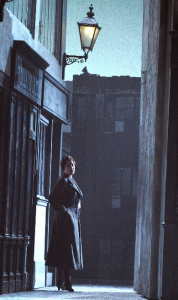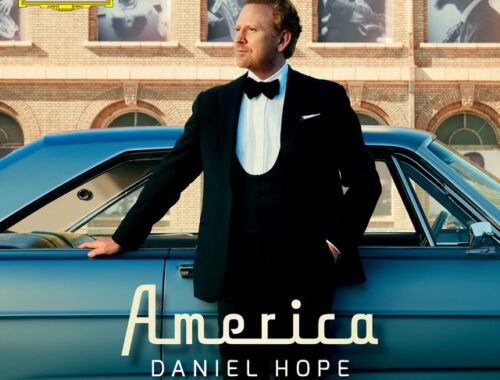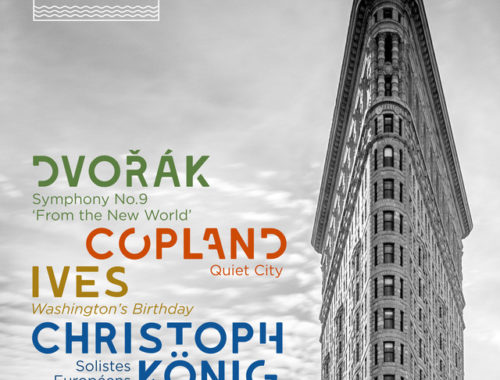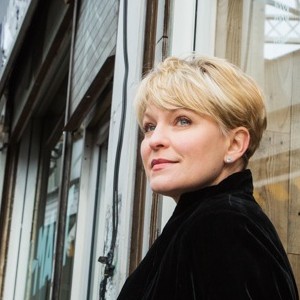Briefly… ENO’s Boheme revisited
 Like all the great music theatre pieces you only really see and feel their greatness when the acting is honest, true, and sure. In the case of Puccini’s La Boheme youth is a factor, too, and when that youth is largely home-grown there is double the cause for celebration. Jonathan Miller’s Brassai-inspired staging casts a moody monochromatic light (Jean Kalman) over the lives and loves of our bohemian Parisians and though they sing and speak only English they live and breathe and put us right there among the chimneystacks and back alleys of 1930s Paris. Depression rules but so does romance and joy and an honest to goodness zest for living. The Cafe Momus scene exudes just that whilst maintaining the subtle balance between business and focus.
Like all the great music theatre pieces you only really see and feel their greatness when the acting is honest, true, and sure. In the case of Puccini’s La Boheme youth is a factor, too, and when that youth is largely home-grown there is double the cause for celebration. Jonathan Miller’s Brassai-inspired staging casts a moody monochromatic light (Jean Kalman) over the lives and loves of our bohemian Parisians and though they sing and speak only English they live and breathe and put us right there among the chimneystacks and back alleys of 1930s Paris. Depression rules but so does romance and joy and an honest to goodness zest for living. The Cafe Momus scene exudes just that whilst maintaining the subtle balance between business and focus.
It’s funny how some productions only come into their own on the second or even third revival – and there is no question that – collectively speaking – this cast more than trumps the original and raises the poignancy stakes to an altogether different level. How easy it is in this piece to turn the camaraderie of our young creatives into an all-knowing, all-mugging, cheesiness. But the sentiments here were genuine and the laughs for real and we didn’t think for a moment that these were friendships forged only nightly on stage. Richard Burkhard (Marcello), amply, mellifluously, voiced, Gwyn Hughes Jones (Rudolfo), who makes it all seem so effortless, Andrew Craig Brown (Colline), dusky and unforced, and Duncan Rock (Schaunard), whose enormous charisma – vocal and physical – was here put to such finely detailed purpose; a gentle giant, to be sure.
Into their midst came Kate Valentine’s Mimi, big, open, and honest of voice and quite without that simpering sentimentality. She was marvelous in act three where she and her world are falling apart. And what a great foil to her and Rudolfo’s fond farewells than the almighty row brewing between Marcello and his good-time cabaret girl Musetta.
Angel Blue (now there’s a cabaret name to conjurer with) is making her ENO debut in the role and she was quite simply a knock-out – a great match for Valentine’s Mimi in terms of vocal size and flare and really accomplished in the always treacherous Waltz Song.
Miller is so often underestimated in the way he makes pieces speak on stage and his revival director, Natascha Metherell, has remained true to the show’s unhackneyed unfolding. Dr. Miller plays the death scene to perfection: no melodramatic slump from Mimi but a drifting off into eternal sleep that only the orchestra notices. And how telling not to have Rudolfo fling himself over Mimi’s prone body but rather sit with her in a kind of numbed disbelief as if she might just wake up at any moment.
Oleg Caetani’s conducting was thoroughly in keeping with the evening’s honesty.
Photo:ENO’s La Boheme with Melody Moore credit Tristram Kenton
You May Also Like

GRAMOPHONE Review: Mahler Symphony No. 7 Bayerisches Staatsorchester/Petrenko
12/08/2021
GRAMOPHONE Review: AMERICA Bernstein/Gershwin/Ellington etc – Daniel Hope/Zürich Chamber Orchestra
25/04/2022
